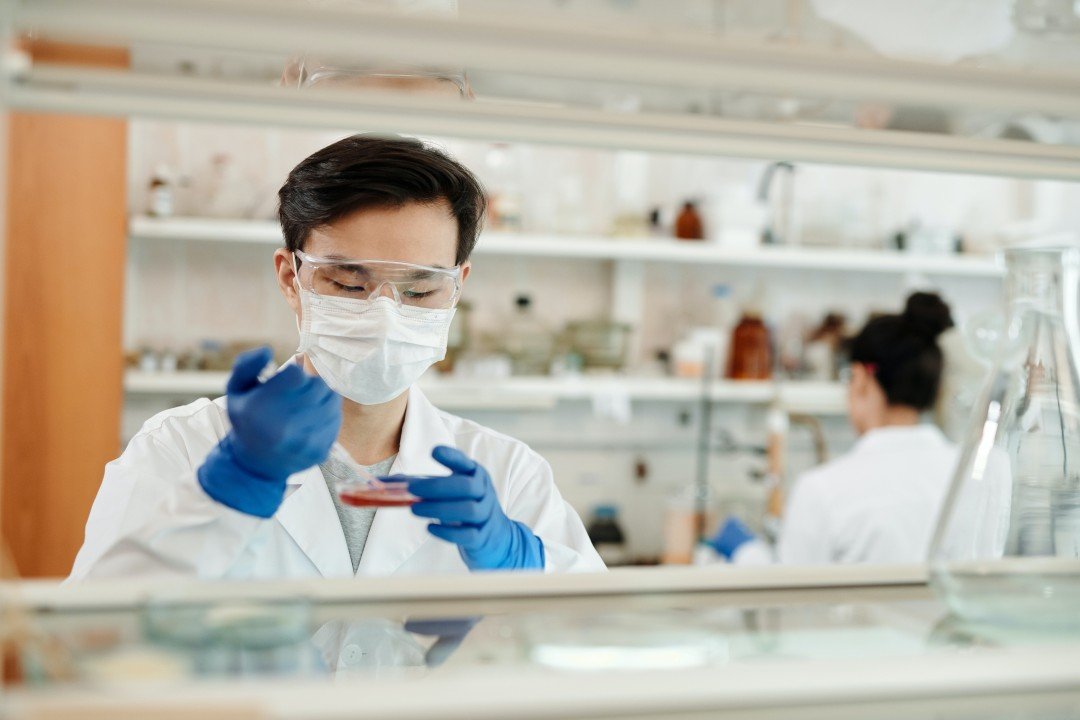
image credit- shutterstock
A novel glycoengineering platform, created by the researchers at Yong Loo Lin School of Medicine, National University of Singapore (NUS Medicine), is poised to revolutionise future production of vaccines and therapeutics to fight infectious diseases.
Glycoengineering aims to manipulate sugars to produce useful carbohydrates. This innovative platform simplifies the customising and production of sugar carbohydrates known as glycans that plays a crucial role in various therapeutic applications.
The team found that the capsular polysaccharide (CPS), the sugar layer which encases many bacteria have extreme diversity, where its enzymes can be exploited to build many customised glycans.
Customised glycans, essential for diverse therapeutic applications, requires a versatile platform capable of the insertion, deletion, substitution and general modification of glycan linkages. The team found that by relaxing the specificity of the precursor transporters, they could broaden the range of residues entering the cytoplasm. This innovation enables the production of customised glycans with unprecedented flexibility.
The current focus of the researchers is to make glycans found in mammals, but in the future the team hopes to use this novel platform technology and adapt it to multiple bacterial species to generate more useful carbohydrates for other applications, such as countering immunological paralysis and graft rejection.




